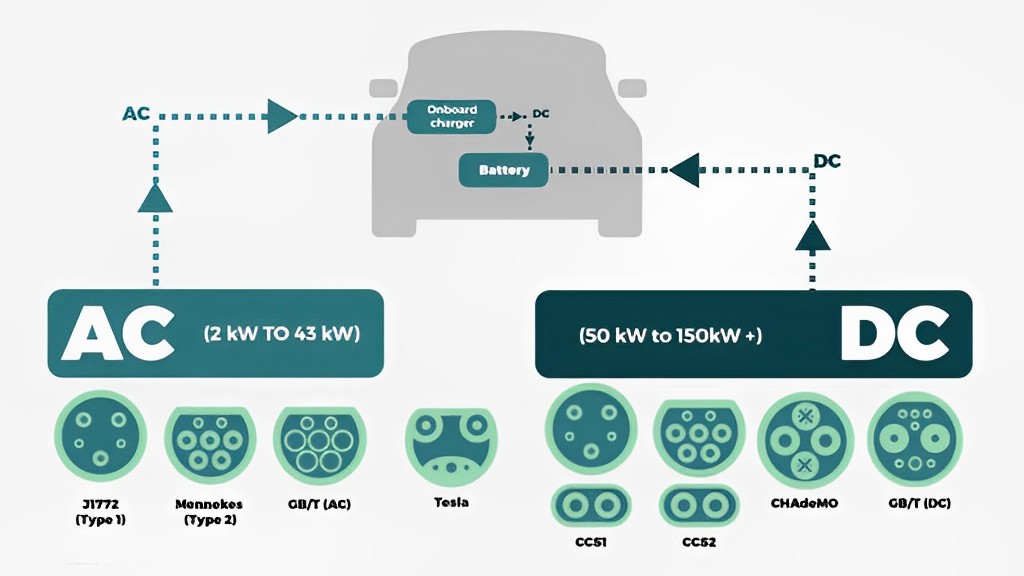Electric vehicles (EVs) are rapidly gaining popularity, but one common question potential buyers and current owners have is: How long does it take to charge an electric car? The answer depends on several factors, including the type of charger you use, your car’s battery capacity, the charging power mode, and the charging speed.
 1. Charger Types and Charging Speeds:
1. Charger Types and Charging Speeds:
- Mode 1: Standard Household Outlet: Mode 1 charging uses a standard household outlet and is the slowest charging option. It typically adds about 2-5 miles of range per hour of charging.
- Mode 2: Home Charging Station (230V AC): Mode 2 charging involves a home charging station and provides a moderate charging speed. It adds around 10-30 miles of range per hour, depending on the EV and the charger’s power output.
- Mode 3: Public Charging Station (400V AC): Mode 3 charging, often found at public charging stations, offers the fastest charging speed. It can add around 60-100 miles of range in just 20-30 minutes of charging.
2. Battery Capacity and Charging Speed:
The size of your EV’s battery, usually measured in kilowatt-hours (kWh), directly impacts the charging time. A larger battery will take longer to charge fully than a smaller one, assuming the charging rate is constant. For example, a 60 kWh battery will generally take twice as long to charge as a 30 kWh battery, given the same charging power.
3. Charging Power and its Effect on Speed:
Charging power, measured in kilowatts (kW), significantly affects charging time. The higher the charging power, the faster the charging. For instance, a 7 kW charger will charge a 60 kWh battery faster than a 3.7 kW charger.
4. State of Charge (SOC):
Charging from a very low SOC to a high SOC may take longer than charging from a medium SOC to a high SOC. Most EVs charge faster when the battery is closer to empty.
5. Environmental Factors:
Temperature and weather conditions can affect charging times. Extremely hot or cold temperatures may slow down the charging process.
In conclusion, the time it takes to charge an electric car varies significantly based on the charger type, battery capacity, charging power mode, charging power, SOC, and environmental conditions. Understanding these factors will help you plan your charging needs and make the most of your electric vehicle ownership experience. As charging infrastructure continues to improve, EVs are becoming even more practical and convenient for everyday use.
